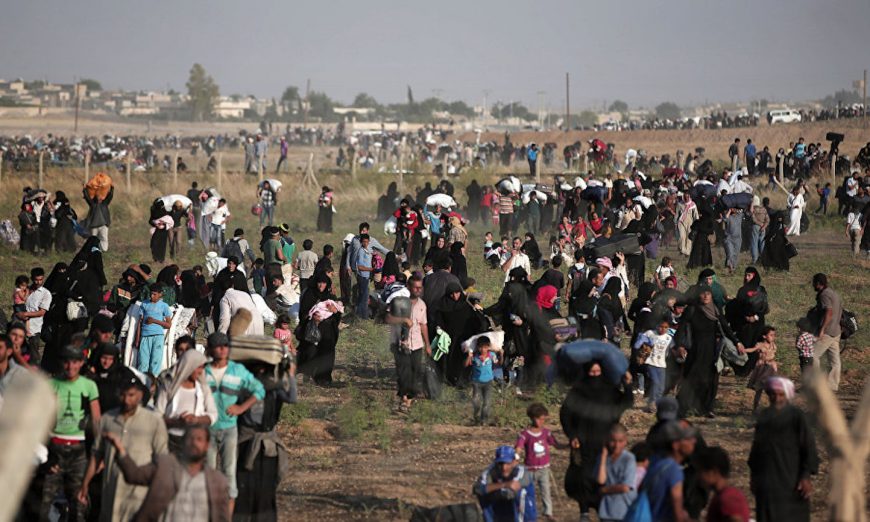In December 2011, the court sentenced Cengiz Yıldız, a police officer who was on duty at the time of the incident, to four years and two months in prison for involuntary manslaughter in the death of Festus Okey. The trial process, however, caused several controversies. The police officer who was the suspect remained on active duty, the shirt Okey wore the day of the incident disappeared and the prosecution of local refugee rights organizations that criticized the investigation or demanded to be a part of the hearings. “The police officer pointed the gun at Festus Okey during the interrogation in order to scare [Okey] and to satisfy his own ego and was completely aware of the risk that it could result in killing the detainee,” the prosecutor said in a statement.
Nearly one month ago, on May 16, a 17-year-old Afghan boy, Lütfillah Tacik, was caught crossing the Iranian-Turkish border with 20 others and brought to the Van Police Department. The next day, he was sent to the police department deportation center for foreigners. It is alleged that on May 27 he was severely beaten because he gave officers incorrect information. He was hospitalized the same day, stayed in intensive care for three days and, unfortunately, died on May 31. The autopsy revealed a cerebral hemorrhage caused by several blows to the head. The public prosecutor’s office started an investigation and tried to seize the video camera recordings from the center, but investigators found that the only relevant camera was apparently out of order and “was not recording” during the incident.
The Human Rights Joint Platform (İHOP), of which my organization, the Human Rights Agenda Association, is a member, has identified 28 more cases of death while in police custody since 2007 in which video camera recordings were accidentally erased or not available. In my opinion, if the same pattern occurs in 28 instances, it is legitimate to say that it is widespread and systematic.
One of the important reasons that video recordings are not made available to the investigation process is the lack of a legislative regulation concerning video camera recordings in detention centers. “Although so much death has taken place during and after interrogations in detention centers, the absence of such a legal regulation about video camera recording as an obligatory duty during interrogation saddles the legislative body with the responsibility for each death that occurs in detention. The absence of such legislation also brings the impunity along with it,” reads an İHOP statement regarding the event. It is so unfortunate that the EU Twinning Projects have overlooked this issue.
Furthermore, although Turkey approved the Optional Protocol to the UN Convention Against Torture nearly two years ago, it did not establish an independent, preventive and monitoring mechanism, which allows the problem to continue and deepen. Judicial reform, the freedom of expression and eliminating this impunity are the top three human rights issues and I can add the fourth: violations of the right to life of refugees as a part of a general problem of the excessive use of police force.
“Open your eyes, look within. Are you satisfied with the life you’re living?” asks Bob Marley in a song. I would like to see somebody who can give a positive answer to this question
Günal Kurşun
https://www.todayszaman.com/columnist/gunal-kursun_351017_refugees-under-attack.html

